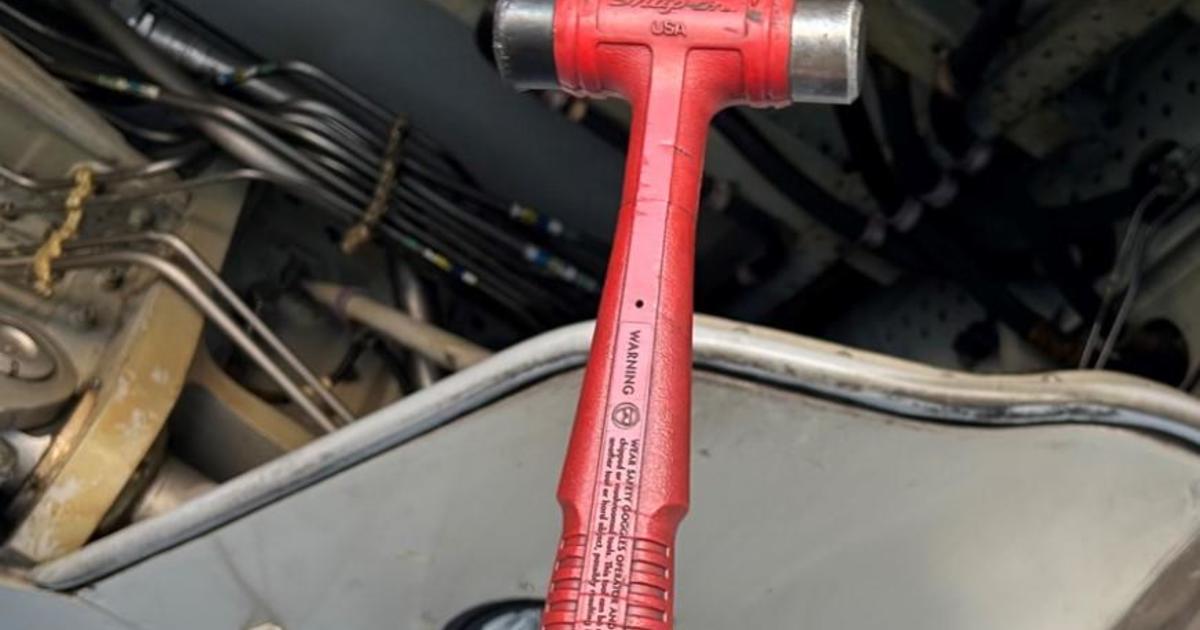Why Juicero, a wifi-enabled juicer, is squeezing out refunds
Consumers who poured $400 into a wifi-enabled juice machine called Juicero might not be blamed for having their hopes squashed.
The Silicon Valley-backed juice machine was revealed by Bloomberg News to be unnecessary for actually squeezing juice out of the company’s bags of pre-cut fruit and vegetables. Squeezing the packs by hand produced the same amount of juice, sometimes in less time than the bulky machine, Bloomberg found.
In response, the company said Thursday it would offer refunds to dissatisfied consumers.
Although poorly designed products from fledgling firms are a dime a dozen, Juicero is something of a standout, partly because of its $120 million in venture backing from blue-chip tech investors including Google Ventures (GOOG) and venture capital firm Kleiner Perkins Caufield & Byers, as well as food giant Campbell’s Soup (CPB).
The concept behind Juicero -- essentially a juice-version of Keurig’s popular single-cup coffee machine -- must’ve looked good on paper. But creating a pricey, more than 30-pound machine that’s somewhat superfluous to creating the end product is apparently leaving investors and consumers high and dry.
Juicero chief executive Jeff Dunn defended the contraption, writing in a blog post that the company has a “long-term vision and we’ll encounter bumps in the road.”
“The value of Juicero is more than a glass of cold-pressed juice. Much more,” Dunn wrote. “The value is in how easy it is for a frazzled dad to do something good for himself while getting the kids ready for school, without having to prep ingredients and clean a juicer.”
Whether consumers believe that’s worth $400 remains to be seen. (The machine, by the way, had already cut its price from $699.) Aside from shelling out for the device, customers also have to buy Juicero-branded packs filled with fruit or vegetables, which cost $5 to $8 each for a single serving.
The company’s $8 Pure Pomegranate pack, for instance, provides 3 ounces of juice. By comparison, a 16-ounce bottle of POM Wonderful pomegranate juice retails for $2.29 on Jet.com.
Aside from the price, Juicero’s complexity might make some consumers reach for the Minute Maid. As in, why would a juicer need all this?
“There are 400 custom parts in here,” former Juicero CEO Doug Evans told tech blog Re/Code in 2016. “There’s two motors, there’s 10 printed circuit boards, there’s a scanner, there’s a microprocessor, there’s a wireless chip, wireless antenna. There’s 775 aircraft-grade aluminum. There’s a gear box. There’s latches that support 16,000 pounds of force. So this is basically a monster of a machine inside this veil of this nice aesthetic.”
As for why a juicer needs wifi, Evans said the tech allows the machine to provide information such as which farms the produce came from or if a juice pack has expired.
Dunn also defended the complicated machine, writing that “hand-squeezed hacks” produce “a mediocre (and maybe very messy) experience.”
“The sum of the system — the Press, Produce Packs and App — working together is what enables a great experience,” he wrote. “However, you won’t experience that value by hand-squeezing Produce Packs, which to be clear, contain nothing but fresh, raw, organic chopped produce, not juice.”
Some consumers had fun with Dunn’s description of squeezing juice bags as a “hack.”
One blog reader snarked, “I’ve been hacking Capri Suns since I was 5.”



